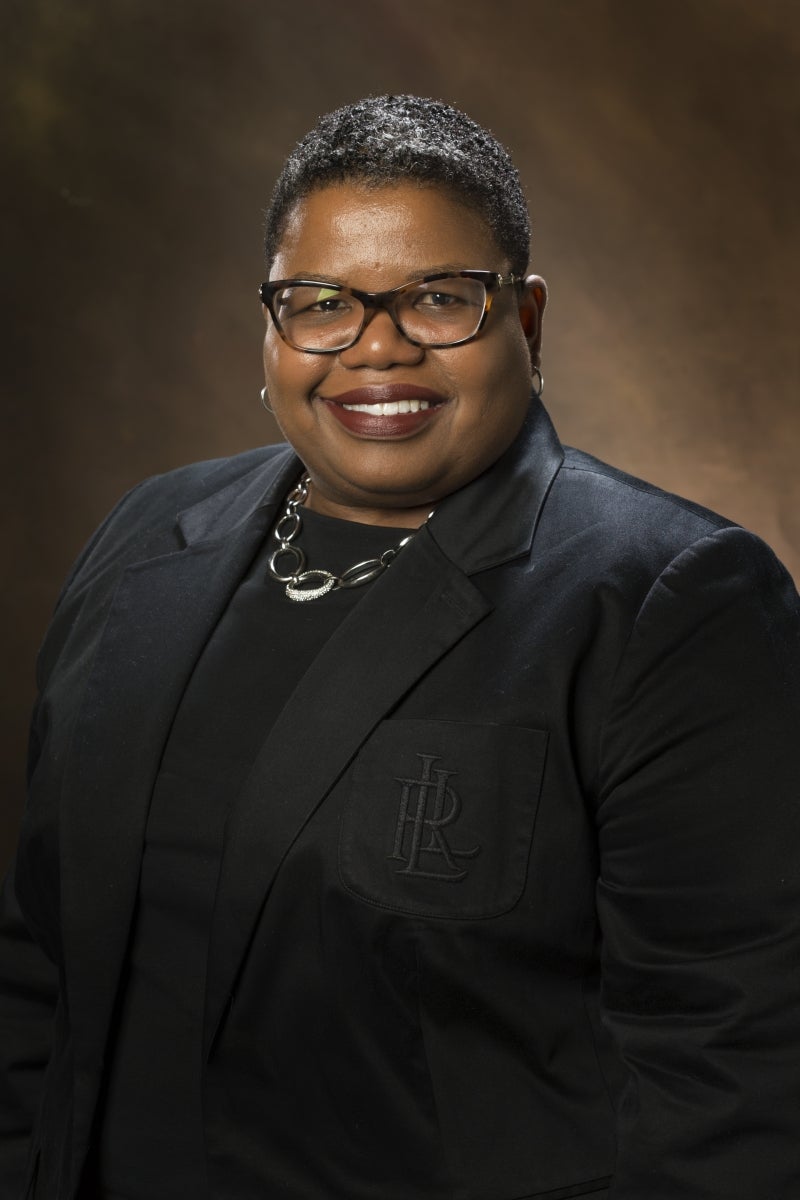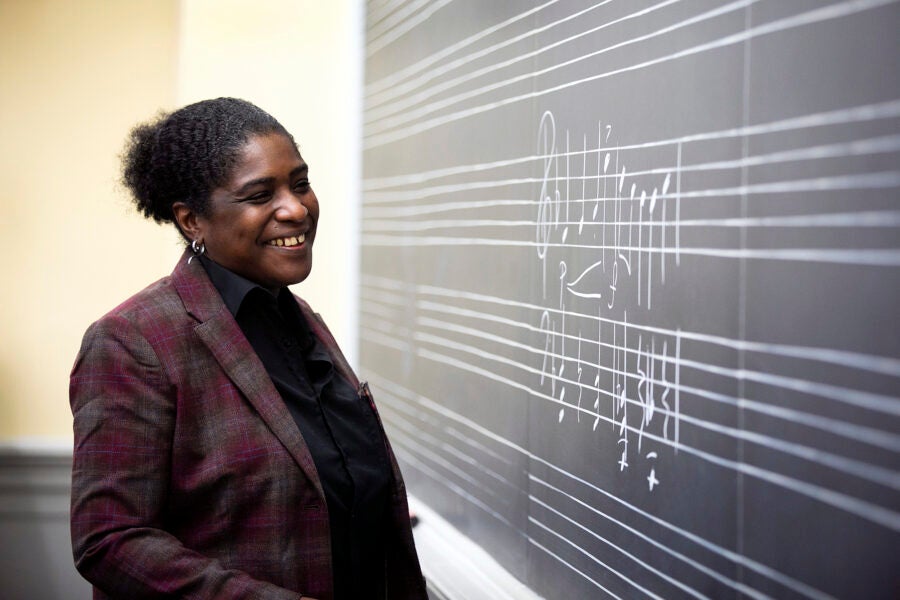 By D'Shonda Brown ·June 25, 2021June 24, 2021
By D'Shonda Brown ·June 25, 2021June 24, 2021
Black music is recognized nationally once a year during the month of June, but since the holiday’s inception, the material we include in that category has evolved far beyond its foundation — and necessarily so.
In 2009, former president Barack Obama renamed Black Music Month — created in 1979 by then-president Jimmy Carter — African-American Music Appreciation Month in an effort to expand knowledge of and recognition for the contributions of African Americans across all music genres. As such, the legacy of music in the African-American community is a key part of our history and we can’t talk about one without discussing the other.
“Black Music Is All Music”
In recent years, Black music had come to be viewed in a very limited scope with rap, R&B, soul, and hip-hop defining the sound. Music journalist J’na Jefferson is among those who have worked to uncover the Black artists at the genesis of various classes of music.
“Black music is all music; pop, rock, R&B, hip-hop, country—we’ve had our roots firmly planted in basically every music genre,” Jefferson told ESSENCE. “Though some of the genres have been co-opted, I think that a lot of the conversations we’ve had about how white supremacy has seeped into and hijacked cultural spaces has opened many eyes, forcing people to recognize the importance of the Black community to the global cultural conversation.”
 J’na Jefferson interviews rapper Rexx Life Raj (Photo by Gary Gershoff/Getty Images)
J’na Jefferson interviews rapper Rexx Life Raj (Photo by Gary Gershoff/Getty Images)
Though the purpose of this annual awareness month is for people of all races to acknowledge the vastness of Black music, Jefferson noted it’s of utmost importance that members of the Black community uplift Black artists of all generations who have raised the artistic bar for musicians of all backgrounds.
“Since the mainstream doesn’t always recognize Black artists, save for a few who have cross-cultural success, it’s important for our community to collectively celebrate these acts because they’re important to us—sometimes to only us,” she pointed out. “Since so many aspects of our culture have been co-opted, it’s important to honor the things, the people, the music that we hold most sacred and that we call our own.”
Black Music Is The Foundation Of Pop Culture
Expounding on the way in which music is a thread in Black history, Dr. Tammy Kernodle, Distinguished Professor of Musicology at Miami Unversity, noted how African American music shapes aspects of society across the world.
“Black music is the cultural foundation of most of our current global popular culture,” said Dr. Kernodle who is also President of the Society for American Music. “If you watch The Voice, America’s Got Talent, or any of the music-based television shows we hear people not only singing repertory that derived out of the Black experience, but they are also vocally mirroring practices that developed out of the ways in which Black folks make sound. More importantly, we can trace a type of musical genealogy based on the sounds produced,” she continued.
 Dr. Tammy Kernodle
Dr. Tammy Kernodle
An example of that, Dr. Kernodle, pointed out is how the influence of Smokey Robinson and Marvin Gaye can be recognized in contemporary artists like Usher or Anderson.Paak “One will hear a lot of the vocal dexterity and extension of range that marked the music of Luther Vandross, Karen Clark-Sheard, Vanessa Bell Armstrong, or Yolanda Adams. We hear the type of vocal crooning ofJanet Jackson or Michael Jackson; the nuanced, jazz-inspired style of Anita Baker.”
And it’s not just pop culture programming that has taken advantage of these unique rhythms and sounds, Dr. Kernodle added, noting Black music has had a particularly large impact in the engineering space over the past 50 years. “You see and hear us and our spirit of innovation and creativity everywhere.”
“There Is No One Sound” To Black Music
Not only is it important that African American music be celebrated more than once a year, it’s also key that the term “Black music” not limit the various mediums and movements which we have created and contribute to, emphasized Dr. Yvette Janine Jackson, who currently serves as Assistant Professor of Creative Practice and Critical Inquiry at Harvard University.
“There is no one sound; [Black music is] music created by any Black person,” Dr. Jackson explained. “There have been and continue to be Black composers and creators engaged in orchestral music, experimental electronic and concert music, improvisation, performance art, theatre, film scores, game music, HBCU marching bands, etcetera.”
 Dr. Yvette Janine Jackson Credit: Stephanie Mitchell/Harvard Staff Photographer
Dr. Yvette Janine Jackson Credit: Stephanie Mitchell/Harvard Staff Photographer
Music is also far more than entertainment, Dr. Jackson added, explaining how singing and melodies mark various life milestones, including celebrations, rituals, and occasions of mourning. Music also enhances rudimentary activities and serves as an emotional trigger, often dredging up feelings of nostalgia connected to our childhoods.
“It’s used to express the conditions of our experiences as Black people, including to educate and unify people in the fight against racism and other injustices,” she explained.
Most importantly, Black music and its influence are not new, despite what may feel like a newfound interest in experiencing — and exploiting — it.
“There’s a long list of Black musical influences that have shaped music into what it is today starting with the first Africans who were brought here and the songs of their children and their children’s children and so on,” Dr. Jackson said. “Music is a document of our lives throughout different points in history.”
TOPICS: black history Black Music black music month
The post When We Talk About Black History We Must Include Music appeared first on Essence.

0 Commentaires